CURRENT INITIATIVES
Around the world, ocean literacy research is growing—through literature reviews, mapping, surveys, case studies, citizen science, co-designed studies and more—using diverse methods from local to global scales. This work explores themes such as:
- Behaviour change
- Climate change adaptation and resilience
- Equity, diversity, inclusion, and access
- Indigenous and local knowledge
- Media and ocean communication
- OL Dimensions and Impact Measurement
- Policy and governance
- Sustainable blue economies
- Youth engagement and education
Together, these efforts deepen our understanding of how people connect with the ocean, while strengthening our ability to monitor, scale, and support ocean and society engagement initiatives.
Here, we spotlight collaborative, co-designed projects identified by the Ocean Literacy Research Community, including our flagship initiative: the Ocean & Society Survey—an ongoing example of global collaboration.
Have an idea ready to grow with a global network of researchers?
Ocean & Society survey
One co-identified priority area of the OLRC is that of Measuring Ocean Literacy.
The Ocean & Society Survey (OSS) is a collaboratively designed global instrument – available for wide uptake and use. The Survey focuses on public ocean perceptions, specifically how people understand, value, and/or engage with the ocean, to strengthen public engagement in ocean health solutions.
Get involved!
- Mobilize shared resources: Contribute data to an open-access database on how people understand, value, and/or engage with the ocean over time and across global regions.
- Collaborate and exchange: Join a global team of transdisciplinary researchers and partners to identify regional and global insights.
- Enhance decision-making and advocacy: Use evidence-based insights to inform people-centred and solution-focused ocean campaigns, engagement initiatives, decision-making, and investments.
OSS Coordination
- Canadian Ocean Literacy Coalition (Dalhousie University) – Jen McRuer and Diz Glithero
Co-design Partners
- Centre d’Estudis Avançats de Blanes (CEAB-CSIC) – Jordi F. Pagès
- Communications INC – Natalie Hart, Sophie Hulme, and Brittney Francis
- Connecticut Sea Grant and University of Connecticut – Diana Payne
- Fundaçäo Grupo Boticário – Janaina Bumbeer
Instituto do Mar-Universidade Federal de São Paulo – Ronaldo Christofoletti and Ivan Machado Martins (with early contributions by Bárbara Pinheiro and Marilia Bueno Fernandes) - Lawrence Hall of Science – Craig Strang
- MarSocSci and Cardiff University – Emma McKinley
- Ocean Conservation Trust – Nicola Bridge
- Nordlandsforskning, Nordland Research Institute – Liz Morris-Webb
- Research for Purpose Ltd – Vinicius Lindoso
- Simon Fraser University – David Zandvliet
- University of Gothenburg – Géraldine Fauville
Co-designing members:
Jen McRuer, Canadian Ocean Literacy Coalition
Jordi F. Pagès, Centre d’Estudis Avançats de Blanes
Neus Figueras, Institut de Ciències del Mar
Dwight Owens, Ocean Networks Canada
Ray Yen, National Academy of Marine Research
Sonia Seixas, Universidade Aberta
Janire Salazar Villacorta, Institut de Ciències del Mar
Ocean Literacy and Climate Change
Another co-identified priority area of the OLRC is that of Ocean Literacy and Climate Change.
Members of the OLRC from Canada, Portugal, Spain, and Taiwan have worked to develop a survey to capture opinions on climate change messaging and action.
Translated into 5 languages, the survey called on the experience and suggestions of those actively involved in research, study, and/or volunteering related to ocean health. The goal is to better understand how best to communicate about our changing ocean and its connection with climate, to improve global community engagement in climate-related ocean actions.
Recommendations arising from the analysis of this effort are underway and will be posted here soon. Stay tuned!
For additional information, please contact jen@colcoalition.ca
Ocean Literacy Dialogues Series
The Ocean Literacy (OL) Dialogues series is a global collaboration led by the Ocean Literacy With All community–a UN Ocean Decade endorsed programme coordinated by IOC-UNESCO.
- The 1st Ed. of the OL Dialogues series was jointly organized by IOC-UNESCO and the European Commission in the context of the EU4Ocean Coalition in June 2022 in Lisbon on the occasion of the UN Ocean Conference. The high-level event marked the beginning of a process to look into the shared commitments that support ocean literacy across the globe.
- The 2nd Ed. held in Santos, Brazil from October 10 to 14th, 2022, drew over 2,500 stakeholders from schools, private and governmental sectors, researchers, journalists, and civil society. The event facilitated discussions on their ocean engagement, featuring tailored events for various audiences including formal education, media, cities, researchers, culture, and sports.
- The 3rd Ed. took place during the Fifth International Marine Protected Areas Congress (IMPAC5) in Vancouver, Canada between Feb 2 and 9th, 2023. Led by the Canadian Ocean Literacy Coalition, with collaborating partners IOC-UNESCO, Cardiff University, Marine Social Sciences Network, University of Victoria, and the Department of Fisheries and Oceans Canada. This edition focused on ocean literacy research, ocean education, and ocean art & storytelling.
- The 4th Ed. was held in Tanzania, Africa between November 4th and 5th 2023, co-hosted by the African Union and Regional Seas with African parties, and in collaboration with IOC-UNESCO, the IOC Sub-Commission for Africa (IOC AFRICA), as well as UNESCO’s Dar es Salaam Field Office.The event focused on blue education and curriculum, with an emphasis on ocean opportunities, decolonizing narratives, as well as ecological and traditional knowledge.
- The 5th Ed. took place during the UN Ocean Decade Conference in Barcelona, Spain between April 8th and 9th 2024. Led by UNESCO, this edition brought together a diverse community of ocean literacy researchers and practitioners. Sessions explored a range of topics, with a significant focus on blue education, but also discussing OL innovation and trends, cultural connections, community engagement, and an emphasis on the importance of aligning OL research with strategic ocean communications initiatives.
Click one of the buttons below for additional information on the OL Dialogues.
Copyright © Canadian Ocean Literacy Coalition 2025

